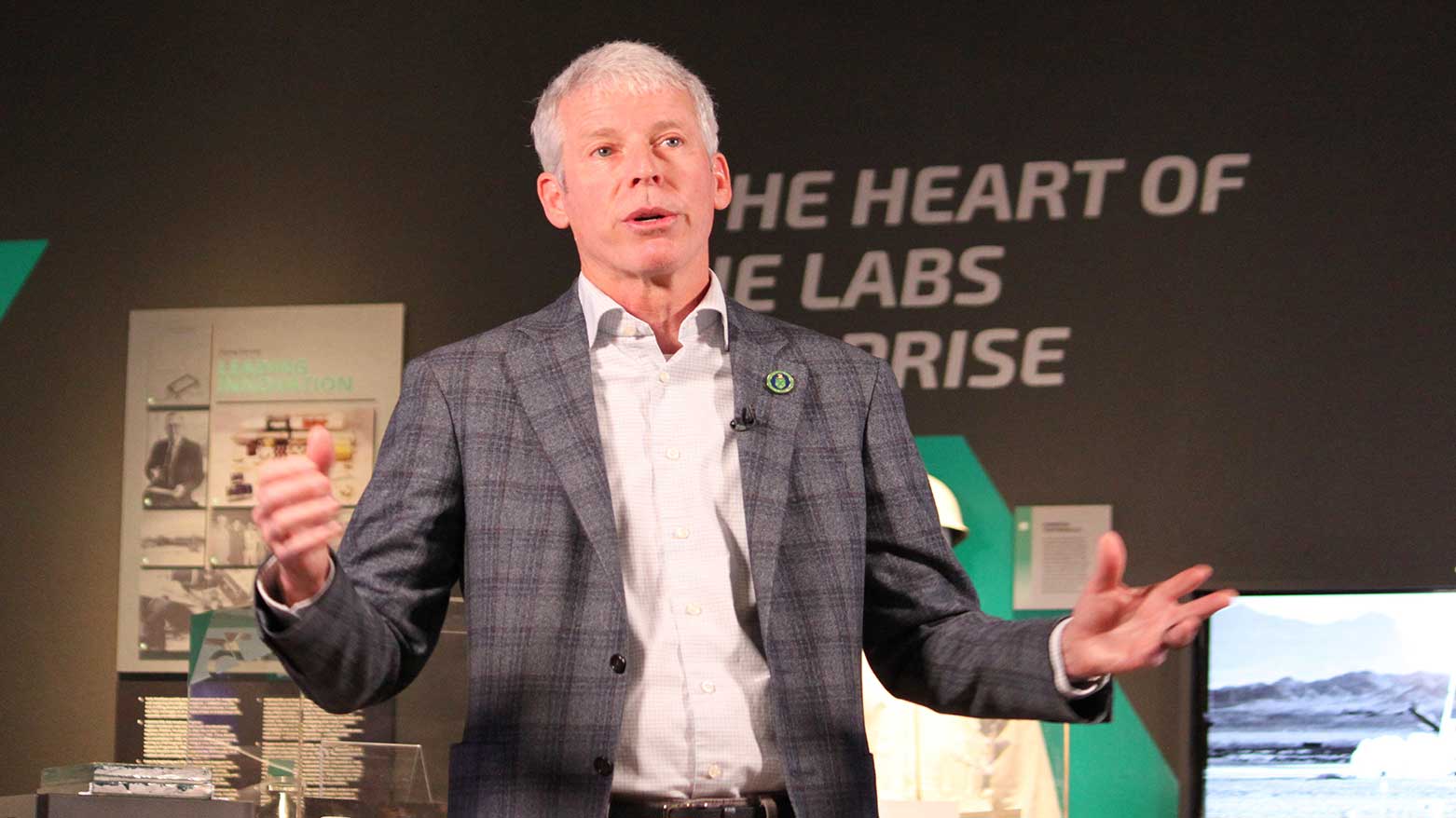From Oil to Atoms: Washington and Riyadh to Sign MOU on Nuclear Technology
The agreement marks a significant step in US-Saudi energy cooperation, laying the groundwork for a future Saudi civil nuclear program under strict non-proliferation terms.

ERBIL (Kurdistan24) — The United States and Saudi Arabia are set to sign a preliminary agreement on energy cooperation, including plans for civilian nuclear development, U.S. Energy Secretary Chris Wright announced during his visit to Riyadh on Sunday, according to The National.
The Memorandum of Understanding (MOU) is legally non-binding and includes no financial commitments, but signals a major strategic step toward deepening energy ties between the two nations. “The MOU signifies the two nations’ intentions to identify areas in all fields of energy in which collaboration would advance mutual interest and shared strategic goals,” said Ben Dietderich, spokesperson for Secretary Wright.
The announcement came after Wright met with Saudi Energy Minister Prince Abdulaziz bin Salman. Speaking at a press conference, Wright said both countries were “on a pathway” toward a deal to jointly develop a Saudi civil nuclear program, Reuters reported. He confirmed that the partnership would require a Section 123 agreement under the U.S. Atomic Energy Act of 1954—an essential framework ensuring any nuclear cooperation meets strict non-proliferation standards.
“There’s lots of ways to structure a deal that will accomplish both the Saudi objectives and the American objectives,” Wright added.
Saudi Arabia, the world’s top oil exporter, is pursuing an ambitious energy diversification plan under Vision 2030. Nuclear energy is a cornerstone of that vision, with a target of generating 17 gigawatts of nuclear power by 2040. Plans are already underway to bring two nuclear reactors online in the coming decade, delivering a combined capacity of 3.2 gigawatts.
Wright’s announcement came just a day after his delegation visited the King Abdullah Petroleum Studies and Research Centre in Riyadh. The Saudi capital marks the second stop on Wright’s first official overseas tour as Energy Secretary. Earlier, he was in the UAE, where he emphasized Washington’s growing energy partnerships with the Emirates, Saudi Arabia, and Qatar, calling them “key players” in helping the U.S. meet its expanding energy demand fueled by emerging technologies.
Wright is expected to travel to Qatar next as part of a broader regional tour. Meanwhile, U.S. President Donald Trump is expected to visit the Middle East next month, further underscoring the administration’s strategic interest in the region’s energy landscape.